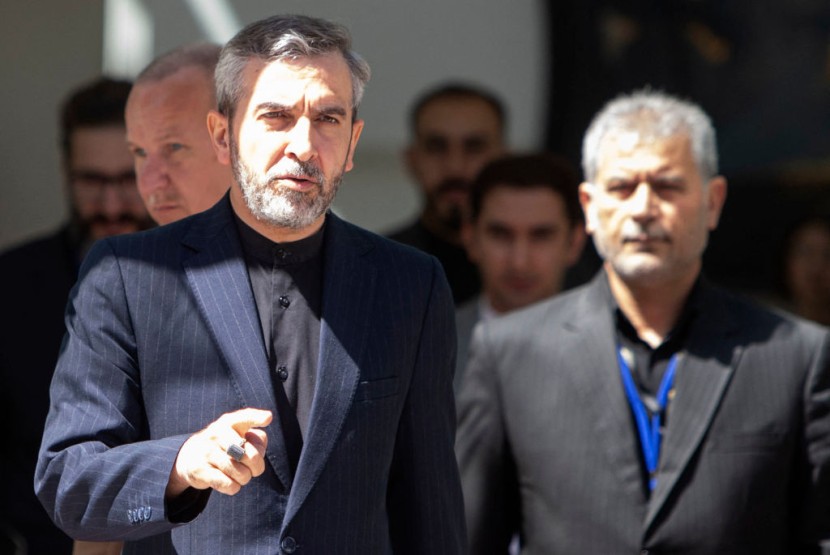
Iran has responded to a European Union proposal to resurrect the 2015 nuclear agreement as a leading negotiator tweeted that a deal was more imminent than ever but yet to be finalized, as reported by its state news agency IRNA.
The draft Vienna Agreement was returned by Iran to the EU on Tuesday, according to IRNA, but Iran's reaction was not made public, CNN reported.
According to Mohammad Marandi, a member of the Iranian negotiating group, Iran had raised its worries about the text, but "the remaining issues are not very difficult to resolve."
Marandi stated that the concerns are "founded upon past US/EU violations."
He added: "I can't say that there will be a deal, but we're closer than we've been before," Marandi wrote.
Under then-President Donald Trump, the United States withdrew from the agreement in 2018. Iran has been breaking the deal's terms more frequently since the US pulled out from the deal. It has also increased the scope of its nuclear program.
Disagreements To Be Resolved
Tehran has stated that any final Iran Nuclear Deal should safeguard the nation's rights and ensure the easing of sanctions, which would allow for the release of tens of billions of dollars worth of oil and gas money and help Iran's ailing economy.
IRNA stated on Tuesday that there are still disagreements on three points, citing the position of the Iranian negotiating team.
According to IRNA, the US "expressed its verbal flexibility" in two of those concerns.
The Joint Comprehensive Plan of Action (JCPA) is the subject of the third concern, which, in IRNA's words, involves parties "guaranteeing" the continuity.
According to the negotiating team, this "depends on the realism of the United States to secure Iran's opinion," IRNA noted.
On Monday, the topics were thoroughly examined during a special National Security Council meeting, as per the IRNA report.
Although Iran responded, the European Union has not formally acknowledged receiving it.
Iranian foreign minister, Hossein Amir-Abdollahian, stated on Monday that if the US responded to Tehran's offer reasonably and flexibly, they "would be at the point of agreement."
Amir-Abdollahian noted that Tehran was prepared to come to an agreement through a gathering of foreign ministers and publish the result if its viewpoints were taken into consideration. The days ahead are "important days," he remarked.
Considerable Progress
According to Iran's foreign ministry, talks in Vienna earlier this month to reinstate its 2015 nuclear agreement had some results but fell short of Tehran's objectives as reported by Al Jazeera.
Nasser Kanani, a spokesperson for the foreign ministry, told reporters on Monday that "considerable progress" had been reached after several days of negotiations in the Austrian capital that had been facilitated by the European Union.
He said that the progress "didn't fully account for the legal demands of the Islamic Republic of Iran, and we had other expectations from the other sides that we believed needed to be provided."
High-level internal debates are ongoing in Tehran, and communication with the European Union is kept up, the official continued.
Politico reported that the EU has devised a proposal allowing that to happen if the IAEA affirms that Iran has given credible explanations for the origin of the uranium traces before the so-called reimplementation day, or the day the Iran Nuclear Deal would take effect.
However, should the investigation continue, the idea would also give Iran the power to halt reimplementation day.
© 2025 HNGN, All rights reserved. Do not reproduce without permission.








